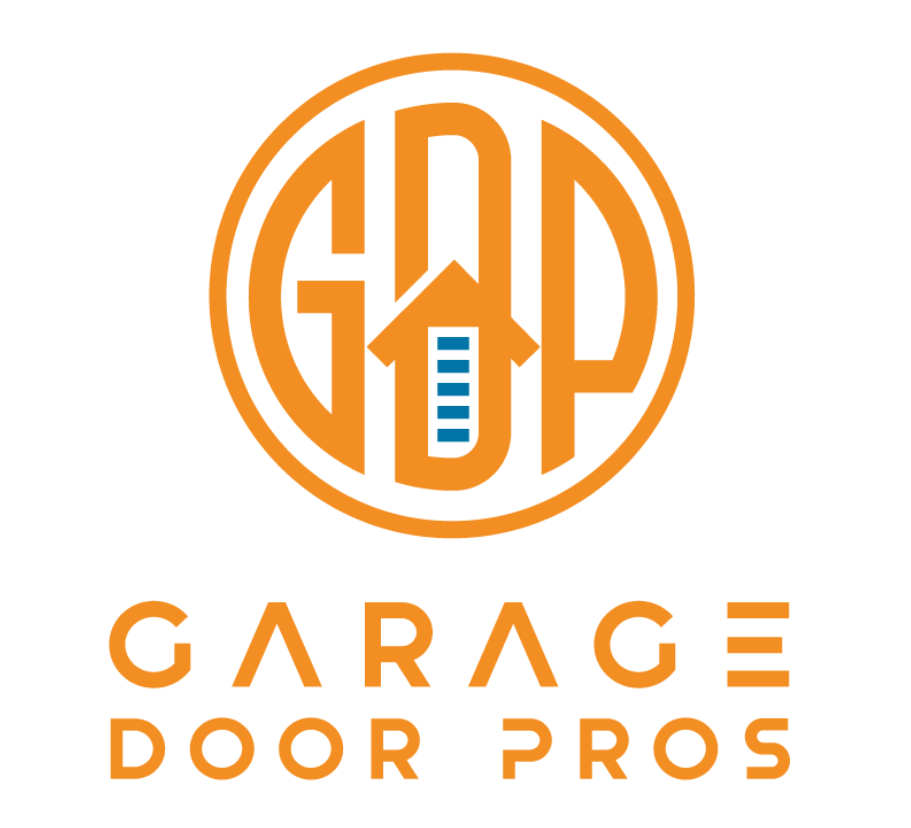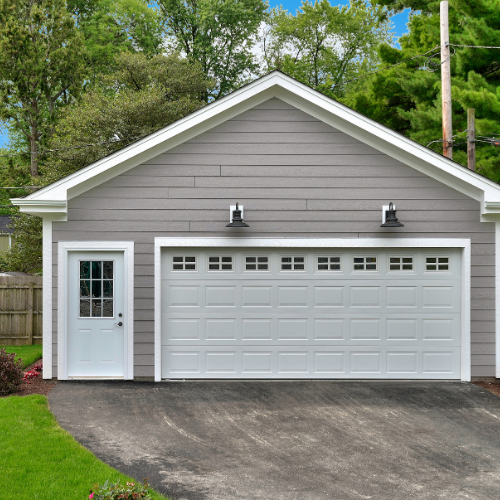One of the issues that can cause a problem with garage doors is that the springs can become worn and malfunction.
The two commonly used types of springs are called extension and torsion. There are some distinct differences between extension springs and torsion springs.
Torsion Springs
Torsion springs are also a popular option for property owners. They are hard-working and reliable, and the springs are more rugged and potentially longer-lasting. As mentioned above, they are more expensive but can be worth the extra investment.
Remember to consider your own personal circumstances, such as the level of usage and your budget, when determining whether extension or torsion springs are a better choice for you.
The garage door expert from Garage Door Repair Pros can also help you understand the pros and cons of extension or torsion springs for your property’s garage door.
Extension Springs
Extension springs have been used with garage doors for many years. They have been considered to be a good and reliable garage door component. Extension springs take up less space because they are installed on the side of the door.
These springs are typically lower in cost as compared to torsion springs.
What Are Extension Springs?
An extension spring will expand and contract with the garage door. You install multiple components with this spring, such as hardware and safety cables.
The technician installs the springs on both sides of the door to hold up the door’s weight on each side. Coordinating with a pulley system, the garage door opens and closes. One extension spring costs $37.
Hiring a technician costs between $110 to $124 to replace one extension spring. It costs $145 to $165 to replace both springs. An extension spring has the advantage of lower cost. A torsion spring, in comparison, will cost $182 to $175 per spring.
Important to note with either spring, don’t try to save money by installing this yourself.
People have been maimed and killed, especially with the extension spring. You need experts who understand how to work on the springs of your garage door safely.
What Are Torsion Springs
Torsion spring, on the other hand, differs in that it exerts a torque force. The springs have a helical design that twists and rotates.
This spring will either work in the clockwise or counterclockwise direction. Because a torsion spring turns, it has a longer lifespan. An extension spring will last between seven to nine years. Torsion spring lasts seven to 12 years. You don’t need as many components with a torsion spring.
Why The Extension Spring Remains Popular
The prohibitive cost of the torsion spring stops it from taking over altogether. You pay much more for the torsion spring over the extension spring.
An extension does the job, but it doesn’t have as many benefits. Buying a torsion spring does usually mean that it lasts longer, which gives you your money’s worth. Still, people choose the extension springs because it costs less.
What Happen if a Spring Broke?
Garage door with a broken spring should have the door left closed. If the door remains in the open position, only close it if you can safely do so. Use the click from afar to close the door. Unplug the garage door opener from the wall to ensure that no one accidentally opens it. Otherwise, call in a technician to do it. Don’t risk injury.
You may think of breaking a finger as minor, but don’t underestimate the damage. We know of someone who worked on a garage door spring. It snapped and broke his thumb. The thing is, it did more than break his thumb. The spring caused permanent nerve damage so that he could never use that hand again. On top of that, when the spring broke, it ricocheted and smashed him in the face. The power behind the spring caused a massive laceration. Don’t underestimate broken garage door springs. Even torsion springs pose a danger.
Lifetime
We talked about how torsion springs last anywhere from seven to 12 years, which makes them longer lasting.
We didn’t talk about the cycles for each. A torsion spring gets anywhere from 16,000 to 32,500 cycles. An extension spring, in contrast, will last 11,000 cycles. You have one unforeseen advantage that we’d like to highlight with the torsion spring.
Because it performs with better balance, the motor never overtaxes itself. This extends the lifetime of your garage door opener as a whole because the internal components don’t have to deal with as much daily pressure as with an extension spring.
What Should You Choose
If you have limited space, the torsion spring makes for a better choice. Anyone who wants a longer lasting spring will choose the torsion spring.
The torsion spring remains the superior choice except for the one thing that makes it less desirable: cost.
You will pay more for a torsion spring, and if you have a tight budget, then we’d advise you to choose the extension spring.
You may want to keep these things in mind when you go to buy garage door springs. We can highlight the differences for you in person, but this makes you know what you want right away. Usually, you want to replace the garage door spring before it gets so old that it snaps.
Whether a torsion spring or an extension spring, it scares the average person. Hiring a technician to install this makes a difference because we have the know-how and equipment to install the springs safely without injury.

